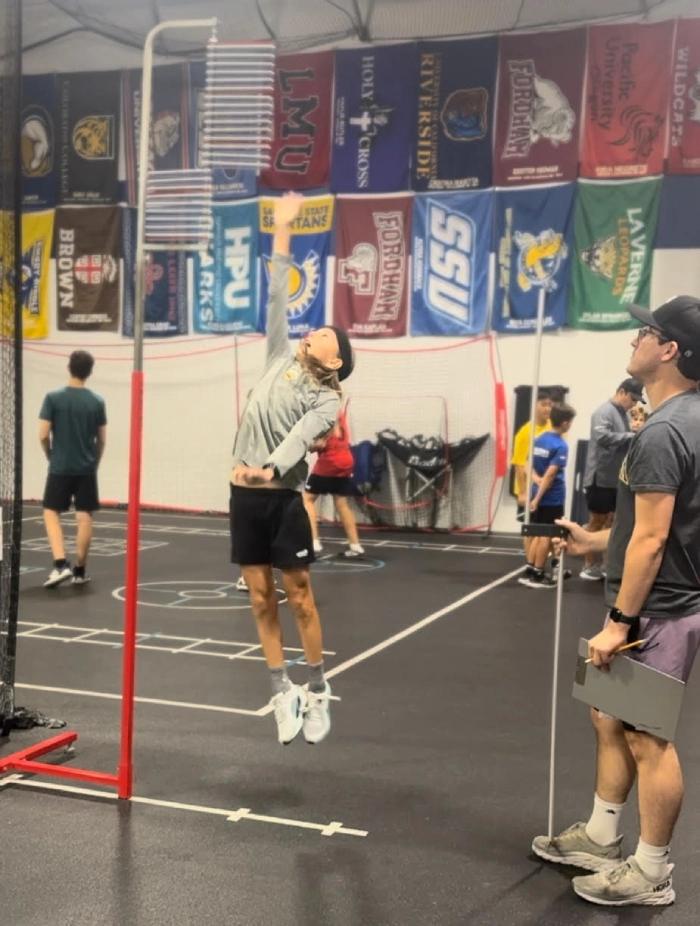My coaching philosophy
By: Rogel Lima
My coaching philosophy is what I base my coaching style on and how I approach every single athlete that I encounter and work with. I have built this philosophy through researching coaching techniques and learning how athletes respond to certain coaching styles, as well as through my own experiences with the athletes I am currently working with. My coaching philosophy is geared toward three main factors: focus on athlete development over winning, self-awareness, transformational leadership.
Over the last seven years, I have been working with youth athletes from all different ages to all different skill levels. When I first got into this field, I wanted to coach at the highest level possible and become a “successful” coach. However, what I thought was success was the same “old school” thinking that entails winning over everything. I thought that the measurement of success in this career would be based upon what level I was coaching instead of what effect I had on those I was coaching. Once I began working with younger athletes, I could see the impact I could have on those athletes – not just in their sport, but in their general lives. Whether the athlete is a beginner or at an elite level, I do whatever I can to ensure that each athlete comes out of our training with a great experience and that they are closer to reaching their overall goals.
The first factor that I base my philosophy on is the importance of overall athlete development over the importance of winning or outcomes. As a coach, I am a firm believer that athlete development is like building a house. It is important to establish a strong foundation before the walls can be put up. For myself, this means making sure that the athlete understands that learning and mastering the basics is key to becoming an overall better athlete. There are times when athletes and coaches are so focused on winning that they tend to try and skip the steps needed to get to the more complex areas of the sport. When an athlete comes to work with me, I stress how important it is that they do not base their expectations of themselves on the outcomes of their performances, but that they instead value how far they have come from where they started, along with all the improvements they have made over time. With that being said, I do acknowledge that the athlete should not settle when it comes to their overall results. They should always strive to be their best selves and put forth their best effort in anything they do.
With that being said, being self-aware of how I am coaching the athletes allows me to continue to improve and become better at what I do. When I first started coaching, I made the mistake of pushing some athletes too hard during training and thought that giving them negative criticism would push them to prove me wrong. It was not until an athlete approached me and told me that it was negatively affecting them that I took a hard look at what I was doing. It made me think about who I was to be as a coach and if this was how I wanted the athletes to feel after they were done training with me. Now during sessions, not only am I thinking about the session itself, but also what type of cues and feedback am I providing the athletes to ensure they receive it positively.
I went back to college for a higher education in order better myself as a coach, and during my studies I was able to research and learn about different coaching and leadership techniques. One of those that stood out to me above the rest and I quickly began implementing into my coaching style and approach to training. Transformational leadership is a leadership style where the coach does more than just make sure that the team gets results. They ensure that the athletes are having a positive experience and can develop the necessary skills to become a leader themselves – whether that be on or off the field. One of the ways to do this is by providing individualized consideration toward the athletes. I do my best to do a regular mental check in with all my athletes to see how they are doing and what they have going on outside of training. By showing them that I care and that I am interested in them as people creates a stronger, more positive coach-athlete relationship. This will allow me to influence them further through built trust and leading by example. It is important that the athletes take away whatever they can from training and use it to become overall better individuals physically and mentally.




